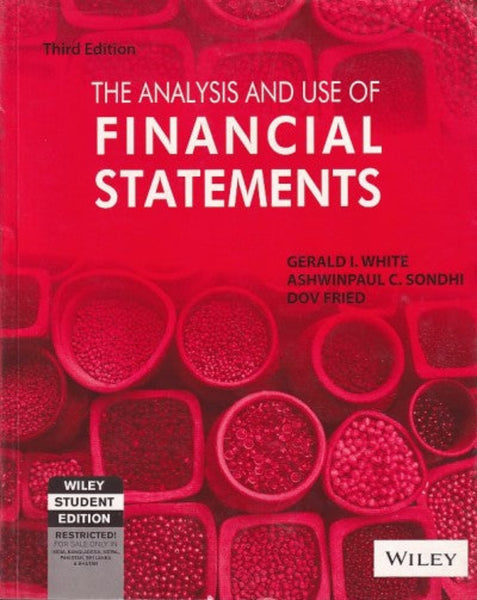Political Conflict in Pakistan by Mohammad Waseem (Author)
- Publisher: POLITICS
- Availability: In Stock
- SKU: 60334
- Number of Pages: 610
Rs.990.00
Rs.1,250.00
Tags: best books , Best Price , Best Selling Books , civil military relations Pakistan , conflict studies Pakistan , constitutional issues Pakistan , democracy challenges Pakistan , governance crisis Pakistan , identity politics Pakistan , institutional conflicts Pakistan , Mohammad Waseem , Muhammad Waseem , national politics Pakistan , Online Bookshop , Pakistan academic books , Pakistan academic research , Pakistan elections , Pakistan government structure , Pakistan policy analysis , Pakistan political system , Pakistan political theory , Pakistan politics book , Pakistani democracy , Political Conflict in Pakistan , political conflicts study , political development Pakistan , political instability Pakistan , political leadership Pakistan , political parties Pakistan , political reforms Pakistan , political science Pakistan , political sociology Pakistan , power dynamics Pakistan , regionalism in Pakistan , South Asian politics , state and society Pakistan
📘 Title Name: Political Conflict in Pakistan
✍️ Author: Mohammad Waseem
📦 Quality: White Paper – Pakistan Print
🔹 Introduction:
Political Conflict in Pakistan by Mohammad Waseem is a deep analytical study of power struggles, institutional tensions, and socio-political dynamics that have shaped Pakistan’s political landscape since its creation. Through extensive research, the author reveals how historical legacies, governance crises, and competing interest groups continue to influence the country’s democratic evolution.
🔑 Key Points:
-
Explores the roots of political instability from the early post-independence era to contemporary times.
-
Highlights civil-military relations and their impact on governance and democracy.
-
Examines the role of political parties, leadership struggles, and ideological divides.
-
Analyzes socio-economic factors such as class structures, regionalism, and identity politics.
-
Provides a scholarly yet accessible narrative supported by historical evidence and political theory.
🕌 Conclusion:
Mohammad Waseem’s Political Conflict in Pakistan stands as an essential work for understanding the complexities of Pakistan’s political journey. It offers a balanced and critical examination of the forces that drive conflict and shape national decision-making, making it invaluable for students, researchers, and anyone interested in South Asian politics.

























